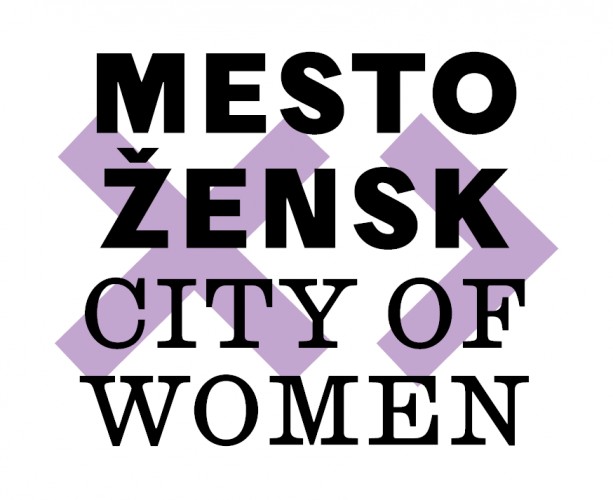Memory is always formulated by way of language, which is itself the basis of any human communication. Language reflects culture, politics, art, everyday life – indeed everything; and it can either connect people or define boundaries. During the last fifteen years, the Balkans has witnessed not only the emancipation of nations, but also languages. In this part of Europe we followed the example of old romanticists and raised language to the very essence of national entity and identity. In such a context poets are construed as iconic, and as such supposedly reflect this national entity; luckily, such a notion does not encompass women poets. Not only are women writers excluded from this inherent literary canon, they are also – still too often – obstructed by various obstacles that do not allow them to enter literary circles. Literature and the literary canon play a central role within the nationalist politics of memory, thus the exclusion of women from it also engenders their exclusion from the politics of memory. Such segregation and sexual apartheid also necessitates the creation of new means by way of which women's writing may be perceived and understood, and this shall in turn necessitate a surpassing of the established modes of interpretation.
The Gender, Literature and Cultural Memory in the Context of Southeastern Europe symposium analysed, compared and contrasted two periods: the era of Yugoslavia, with its common literary market with established publishing, translation, as well as inter-textual and intercultural links, which were broken as a result of the disintegration of the common state, and the post-conflict literary milieus that today exist in Yugoslavia’s successor states. Although, in the context of the demise of Yugoslavia, the engineering of distinct national languages has been successfully accomplished, these languages have not been devised in such a way to make them incomprehensible to their new neighbouring nations. Through the encounter of an older generation of authors, theorists and publishers – who weren’t merely just good neighbours – with a newer generation who missed the train of brotherhood and unity, the City of Women intends to unveil and identify the shifts in the field of literature, as well as the peculiarities of the individual cultures of memory.

